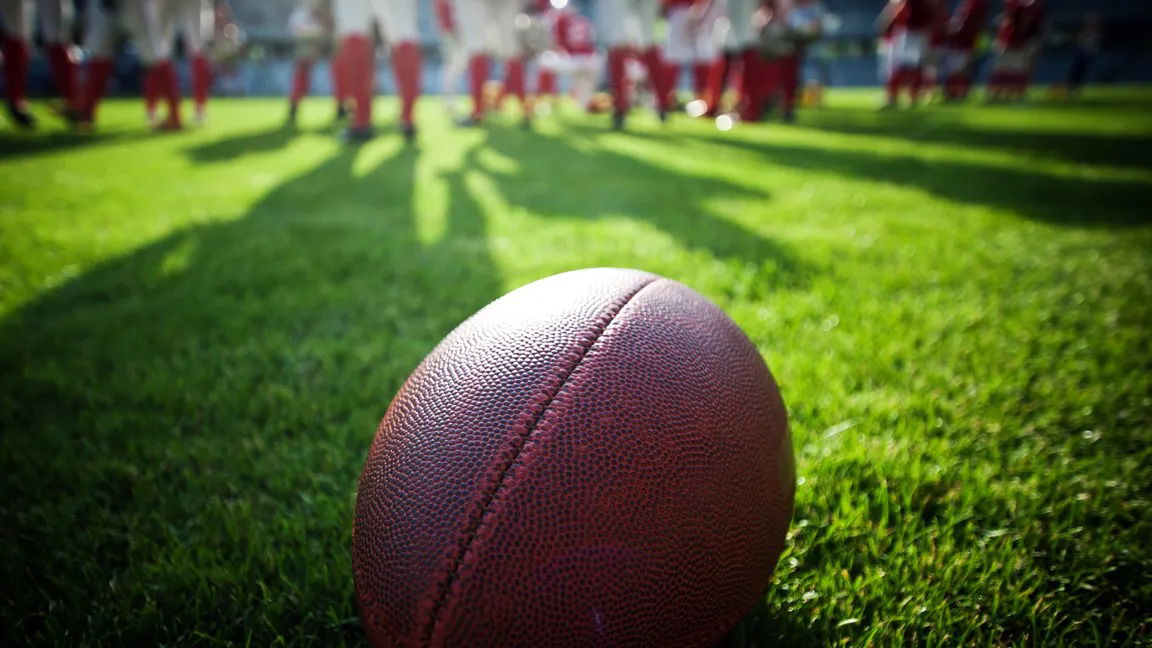

The first week on the job is hectic for any new coach, but Matt Drinkall’s was stacked. Hired by Central Michigan on December 8, 2024, he was still serving as an assistant at the Army and scheduled to be on the sideline for the Army–Navy game that weekend. It’s the kind of matchup he once called his “most miserable” experience when on the losing end. Juggling obligations to both programs might have been logistically complex, but for Drinkall, it also carried contractual risk.
Watch What’s Trending Now!
Drinkall’s hiring followed three consecutive losing seasons under Jim McElwain, who stepped down after a six-year tenure but remained at the university in an advisory role. The program had not reached a bowl game since 2021, and Drinkall’s appointment marked athletic director Amy Folan’s first major football hire. While he lacked FBS head-coaching experience, Drinkall brought six seasons of developmental work at Army and a successful stint as head coach at Kansas Wesleyan, where he overhauled a struggling NAIA program into a conference contender.
ADVERTISEMENT
His five-year memorandum of understanding includes a base salary of $415,000, $175,000 in supplemental pay, a $50,000 annual retention bonus, and a one-time $20,000 signing bonus, totaling $640,000 annually. Assistant salaries are budgeted from a $1.25 million pool. The buyout begins at $2 million for each of the first two years and scales down to $400,000 by year five. For a program trying to reset its identity, the contract signaled long-term commitment, but one clause embedded in it stood out for its severity.
The unusual weight in the contract came from a requirement to hold an introductory press conference on either December 9 or 10—failure to do so would trigger a $500,000 penalty, payable to the university. The figure exceeded his base salary and was inserted as a formal compliance mechanism, not a symbolic placeholder. While most pressers are standard optics, this clause gave the event binding financial stakes—an enforcement tool unheard of in FBS contracts. But that wasn’t the only indicator CMU saw Drinkall as more than just another coordinator.
ADVERTISEMENT
View this post on Instagram
From the moment he accepted the job, Drinkall and his staff began flooding social media with updates, messages, and behind-the-scenes content about the program. It was an approach he first developed as the head coach at Kansas Wesleyan. At smaller programs without national recognition or a massive fan base, he found that people connect more with the individuals behind a program than the institution itself. That insight continues to guide his strategy at CMU.
ADVERTISEMENT
“There isn’t a big massive following,” he said of smaller programs. “So people connect more with individuals than they do with institutions.” The goal? Tell CMU’s story before anyone else does.
Drinkall also cites Deion Sanders as a major influence in this space. He credits Sanders not just for the exposure he brought to Colorado but for how he reshaped the marketing potential of a football program, from boosting NIL opportunities to bringing national attention to players and fans alike. “I don’t know if you can find somebody who’s smarter than that guy,” Drinkall said. “The amount of revenue he’s generated for that institution and exposure for his players…watch all the different alumni and people that normally weren’t consuming Colorado football are now talking about it.” While acknowledging that Sanders’ style may not resonate with everyone, Drinkall sees clear value in the visibility and conversation it generates.
ADVERTISEMENT
ADVERTISEMENT
ADVERTISEMENT
ADVERTISEMENT
.png)
.png)
.png)



